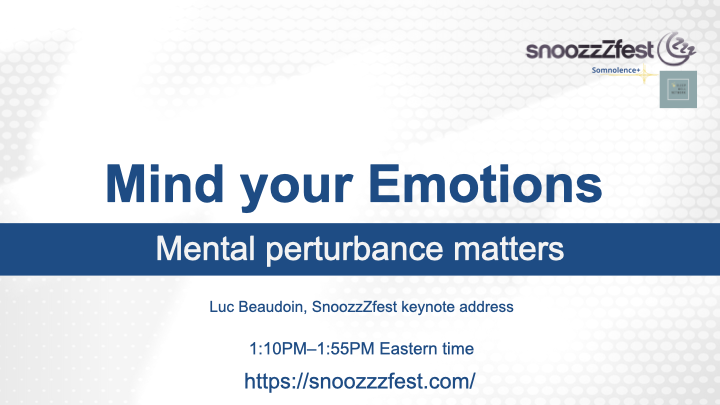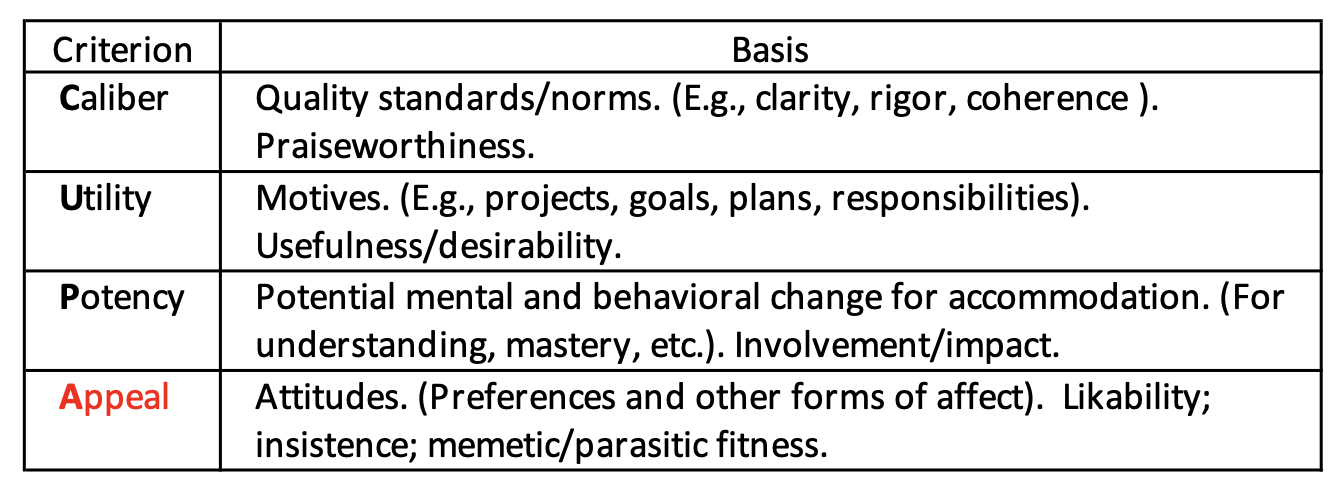
On Thursday, Dr. Elliot Kyung Lee, medical director of the Sleep Disorder Clinic at the Royal Ottawa Mental Health Centre, and I were interviewed by Matt Galloway on The Current (CBC National radio) regarding the pandemic, insomnia and mental perturbance. You can listen to the episode on this CBC page which also includes an article about the interview.
In this blog post, I’d like to elaborate on the concepts of mental perturbance and insomnolence that were discussed. I’d also like to put the sleep tips in context.
Preamble: Replacing worry with curiosity
Continue reading Mental Perturbance and Insomnia in the Pandemic: Ideas and Strategies


